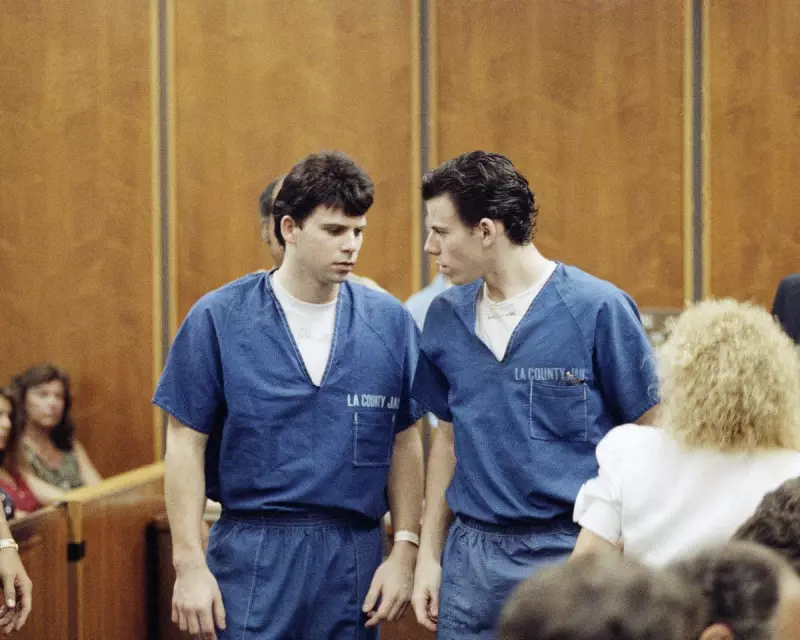
In a landmark decision that closes one chapter of a decades-long legal saga, Erik Menendez has been granted parole by a California board. The 52-year-old has served over 35 years for the brutal 1989 shotgun killing of his parents, Jose and Kitty Menendez.
The two-day hearing concluded with a split outcome for the infamous brothers. While Erik was approved for release, the board deferred a decision for his older brother, Lyle, 55, scheduling his next hearing for October 2026. The panel stated it needed more time to review psychological evaluations and his behaviour in prison.
A Case That Gripped a Nation
The Menendez brothers' trial became a national obsession in the 1990s. Their defence shocked the public, alleging they acted in self-defence after a lifetime of severe sexual and psychological abuse at the hands of their father, a wealthy entertainment executive.
Erik Menendez appeared via video link from prison, expressing profound remorse for his actions. "There is no excuse," he told the panel. "I am sorry for what I did. I am sorry for the pain I caused to my family. I live with that every single day."
The Long Road to Rehabilitation
The parole board highlighted Erik's extensive efforts at rehabilitation behind bars. He earned a bachelor's degree, became a certified tutor, and maintained a clear disciplinary record for decades. His supporters, including his wife Tammi, pleaded for his release, portraying him as a reformed man who had taken full responsibility for his crime.
Despite this, the Los Angeles County District Attorney's office vehemently opposed parole for both brothers, arguing the heinous nature of the crime warranted they remain incarcerated.
What Happens Next?
The parole grant now enters a 120-day review process. It will be scrutinised by the board's legal division before being sent to Governor Gavin Newsom, who has the authority to let it stand, reverse it, or refer it for a full board review. If ultimately approved, Erik Menendez could be a free man within months, ending one of the most storied incarcerations in American criminal history.





